Is talent necessary? Is it possible, with devotion, hard work and help and time, to develop a creative practice that doesn’t come to us naturally? In this episode of Emerging Form, we talk again with poet, lyricist, playwright and teacher Alison Luterman. As an exuberant young girl who loved to sing, she was told by a choir director to just mouth the words. For decades the wound festered. “It is hard to do the things you’ve been told you’re bad at,” she says. And yet, we talk with her about her essay in The Sun about reclaiming her joy in a creative practice, about meeting creative shame, about how we might encourage (and not shut down) others to explore creative practices, and about some of the hidden gifts in working hard for something that doesn’t come naturally. If you’ve felt shut out of a creative practice, this is the episode to help encourage you to pick up that pen again or sing again or pull out that oboe or put on those tap shoes. Time to play–and see what happens.
Alison Luterman's four books of poetry are The Largest Possible Life; See How We Almost Fly; Desire Zoo, and In the Time of Great Fires. Her poems and stories have appeared in The New York Times Sunday Magazine, The Sun, Rattle, Nimrod, Salon, Prairie Schooner, The Brooklyn Review, The Atlanta Review, Tattoo Highway, and in numerous other journals and anthologies. She has written an e-book of personal essays (Feral City, originally published through SheWrites.com, now available through audible.com), half a dozen plays including a musical The Chain about a chain of kidney transplant donors and recipients), lyrics for a song cycle We Are Not Afraid of the Dark, and is currently working on two different musical theater projects as well as new poems and a longer version of her recently-published essay about learning to sing as an, ahem!, older adult.
Previous episodes with Alison: Creative Practice as Political Action and A poem and a song from Alison Luterman
Our first episode on talent



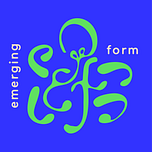



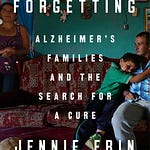


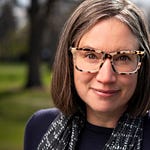
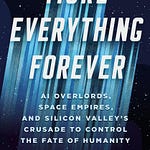

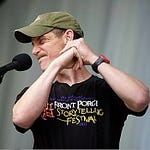

Share this post